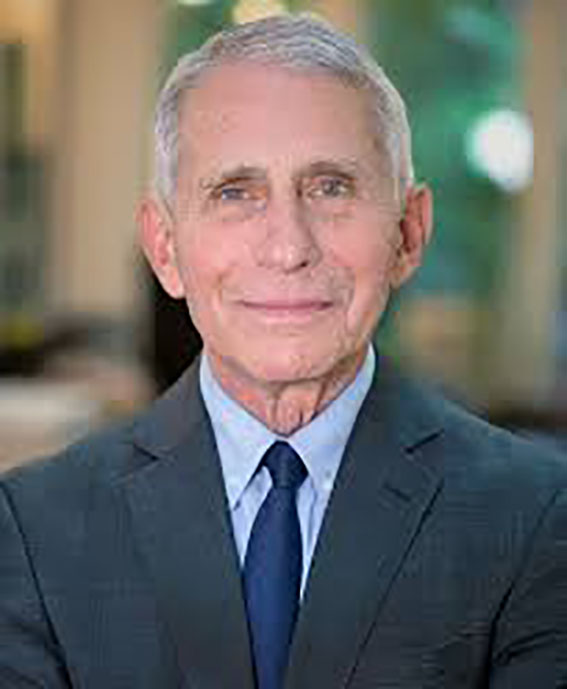WASHINGTON, (Reuters) – President Joe Biden’s top aides are discussing whether preemptive pardons to current and former public officials who may be targeted by the incoming Trump administration should be considered, but Biden has not yet made a decision on the topic, sources said.
White House officials are debating whether the president should dole out such pardons to people who have not committed crimes and about the message that would send, the sources said.
Biden is aware of the discussions but has not participated in the wider conversation, one senior White House official said. Any decision would ultimately be Biden’s to make.
The conversations have picked up steam after Biden pardoned his son, Hunter Biden, on Sunday, after previously saying he would not issue such a pardon. Trump’s pick for FBI Director, Kash Patel, who has vowed retribution against critics of the president-elect, has also alarmed senior White House and administration officials.
Among those being considered are former Republican Rep. Liz Cheney, an outspoken critic of Trump; Anthony Fauci, who helped coordinate Biden’s COVID-19 response; California’s Senator-elect Adam Schiff, who led the first impeachment effort against Trump; and retired Gen. Mark Milley, the former chairman of the Joint Chiefs of Staff, the source said.
Top White House officials leading the process are White House Chief of Staff Jeff Zients and White House counsel Ed Siskel, the sources said.
A White House spokesperson declined comment.
“The question right now is whether people being considered for these pardons want them,” said one of the sources.
White House Press Secretary Karine Jean-Pierre told reporters earlier this week to expect more pardons from Biden before the end of his term.
The U.S. Constitution gives a president broad pardon powers but preemptive pardons for offenses that have not yet been charged are largely untested.
Politico was first to report the story.

